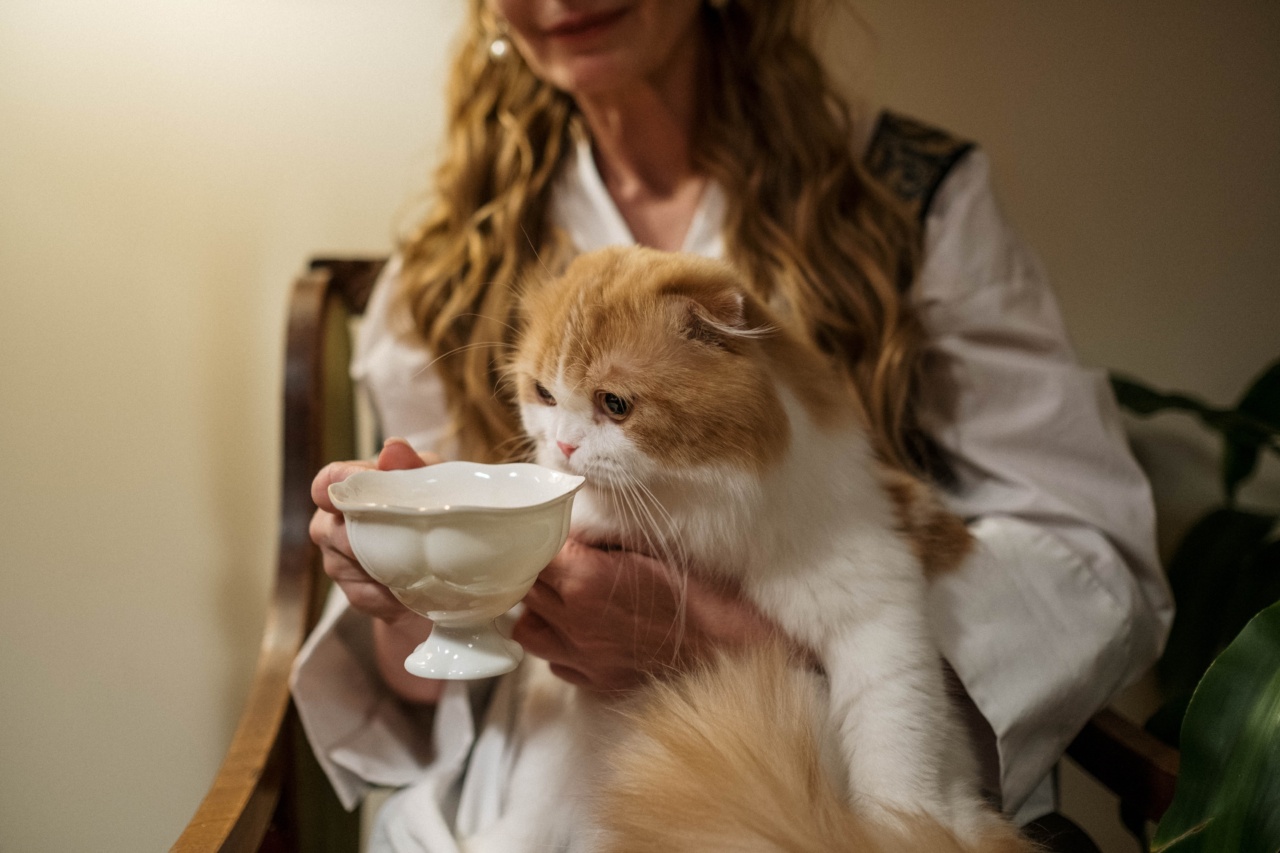Bringing a new kitten home is an exciting time filled with joy and a newfound sense of responsibility.
As a pet owner, it is crucial to ensure that your kitten receives the best possible nutrition from the start to promote optimal health and development. A well-balanced diet plays a significant role in determining the overall well-being and longevity of your furry companion.
This article will guide you through the essentials of feeding your kitten and provide valuable insights on how to ensure their nutritional needs are met.
1. The Importance of a Balanced Diet
A balanced diet is vital for the growth, development, and maintenance of your kitten’s health. It provides the necessary nutrients, vitamins, and minerals needed for their bones, muscles, and immune system.
A well-fed kitten tends to have a shinier coat, clearer skin, and a healthier weight. By providing proper nutrition, you are setting your kitten up for a lifetime of good health.
2. The Basic Nutritional Needs of Kittens
Just like human babies, kittens have specific nutritional requirements that must be met for their optimal growth. These include:.
- Protein: Kittens need a higher amount of protein than adult cats as it helps with muscle development and growth. Choose cat food brands that have a high-quality source of animal protein as the primary ingredient.
- Fat: Fat provides the necessary energy for kittens. Look for cat food that contains moderate levels of high-quality fats to support their growth and promote a healthy coat.
- Carbohydrates: While kittens have a higher protein requirement, they also need a certain level of carbohydrates for energy. Opt for nutrient-rich carbohydrates such as whole grains.
- Vitamins and Minerals: A well-rounded diet should provide essential vitamins and minerals to support your kitten’s immune system, bone development, and overall health.
3. Choosing the Right Kitten Food
The market offers various options when it comes to kitten food, making it crucial to make an informed choice. Here’s what to look for:.
- Age Appropriateness: Kitten food is specially formulated to meet the specific nutritional requirements of young cats. Look for labels indicating suitability for kittens.
- Quality Ingredients: Always check the ingredient list. The primary source of protein should be named meat, such as chicken, turkey, or fish. Avoid products that contain fillers, artificial additives, or excessive grains.
- Wet or Dry Food: Both wet and dry food can be suitable for kittens. Wet food provides higher water content, which keeps them hydrated, while dry food promotes dental health. A combination of both can be beneficial.
- Veterinarian Recommendations: Consult with your veterinarian to determine the best kitten food options for your specific feline friend. They may have additional guidance based on your kitten’s individual needs.
4. Feeding Schedule and Portion Control
Kittens require frequent meals due to their smaller stomach capacity and higher energy needs. To establish a feeding schedule:.
- Ensure that fresh water is always available for your kitten.
- Divide their daily caloric intake into several small meals throughout the day.
- Offer a mix of wet and dry food to provide variety while meeting their hydration needs.
- Follow the specific feeding guidelines provided by the food manufacturer based on your kitten’s weight, age, and activity level.
5. Foods to Avoid
While it is important to know what to feed your kitten, it is equally vital to be aware of foods that should be avoided:.
- Human Food: Many human foods can be toxic to cats, including chocolate, onions, garlic, and grapes. Avoid feeding your kitten anything that is not specifically formulated for feline consumption.
- Dairy Products: Contrary to popular belief, most adult cats are lactose intolerant. Kittens also have difficulty digesting dairy products, which can lead to stomach upset and diarrhea.
- Bones: While bones may seem like a natural treat, they can splinter and cause choking or internal damage. Avoid feeding bones to your kitten.
6. Transitioning to Adult Cat Food
As your kitten grows, their nutritional needs will change. It is essential to transition them gradually from kitten food to adult cat food:.
- Mix small amounts of adult cat food with the kitten food.
- Slowly increase the proportion of adult cat food over a span of 7-10 days.
- Monitor your cat’s weight, behavior, and digestion during the transition period.
- Consult your veterinarian for guidance on the appropriate time to switch to adult cat food.
7. Additional Tips for a Healthy Kitten Diet
Consider the following tips to ensure your kitten’s diet is optimized for their well-being:.
- Provide interactive feeding toys or puzzles to stimulate mental and physical activity.
- Avoid sudden dietary changes as they can lead to digestive issues.
- Monitor your kitten’s weight regularly and adjust portion sizes accordingly.
- Keep an eye on any food allergies or intolerances that your kitten may develop.
- Do not overfeed treats, as they can disrupt the balance of their regular diet.
8. The Role of Veterinary Care
Veterinary care is essential for monitoring the overall health of your kitten. Regular check-ups allow your vet to evaluate their growth, weight, and nutritional needs, ensuring they are on the right track.
They can also offer specific diet recommendations based on any unique health conditions or concerns your kitten may have.
9. The Power of Patience and Persistence
Introducing a new diet to your kitten may require patience and persistence. They may not readily accept certain foods or textures, so it is essential to keep trying while ensuring they eat enough to meet their nutritional requirements.
Gradually exposing your kitten to a variety of flavors and textures can help broaden their palate over time.
10. Conclusion
Feeding your kitten for optimal health is a foundational aspect of responsible pet ownership. By providing a balanced diet that meets their nutritional needs, you are setting the stage for a long and healthy life.
Remember to consult with your veterinarian, monitor their growth and weight, and make gradual dietary changes when necessary. Your kitten will thank you with endless purrs and boundless energy!.






























